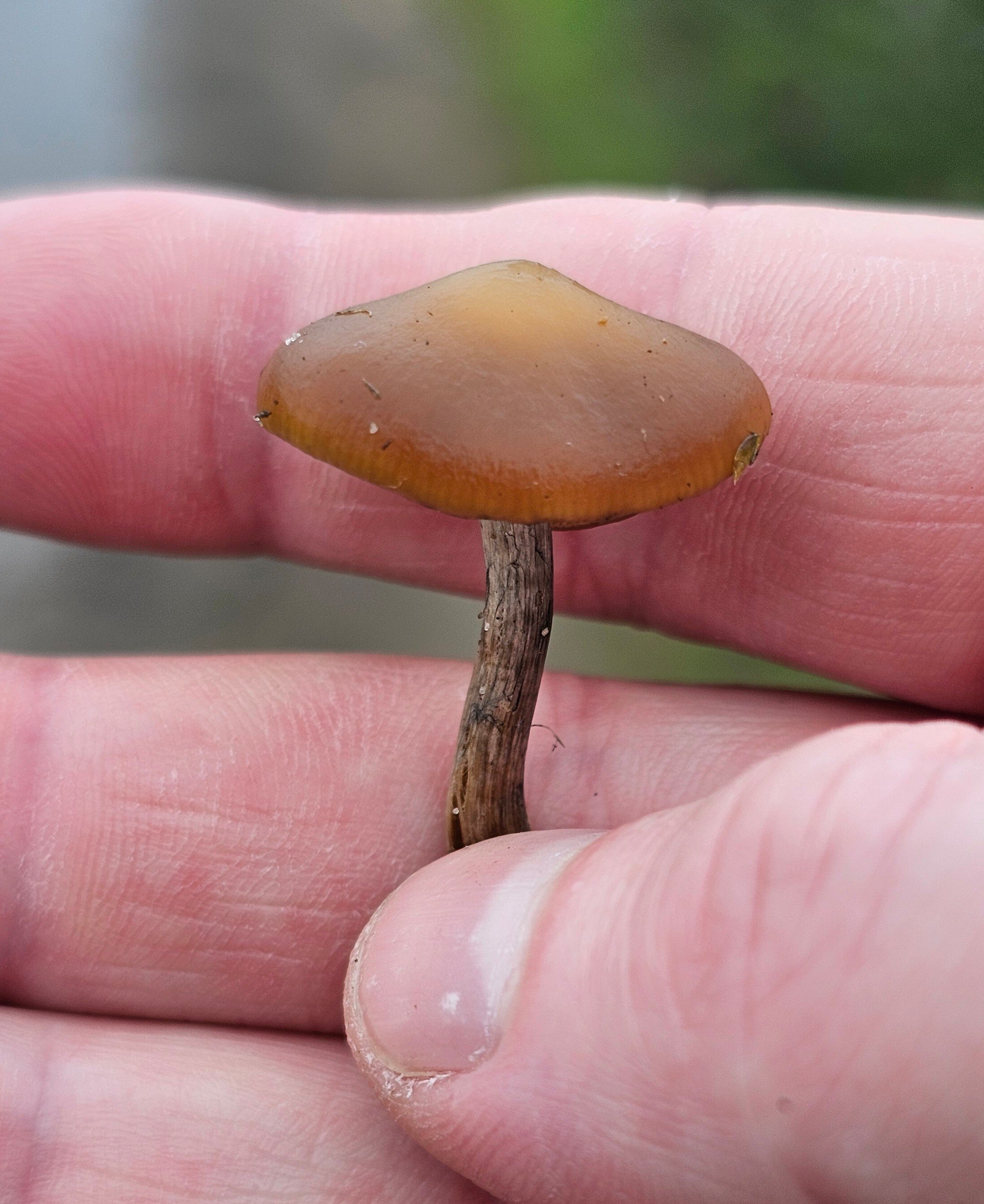No one is going to admit they regularly beat their dog after the dog snaps. Blame it on the dog, put the dog down and the responsibilty dies with it.
sploosh
Those of us who have adopted and loved pitbulls for their entire doggie lives know that pitties aren't inherently violent. People who have been victimized as a result of people's mistreatment of these very powerful dogs don't know that.
Liberal Portland, Oregon is filled with pitbulls, but it is not filled with lifted trucks. The city is just aware of how great they can be when you don't abuse them into being bad citizens.
My pit died last year at old age from cancer. He was a sweetie who never did anything violent. We have a puppy now (corgi mix, hilarious clown of a dog), but I still miss my lunkhead every day. There's something different about them and the way they need to cuddle at every moment of the day.
Hilariously enough, your comment caused notification on my phone that woke me up.
My sleep problems are from pain. My shoulder was injured. Basically, every tendon got a little torn up and it takes a loooooong time for them to heal.
If I take a powerful thc/cbd gummy I can sleep through the night, but i don't want to get super high every night. Eventually my tendons will heal, but until then I'm gonna have a rough time sleeping.
Went to bed at 11 last night. Fell asleep around 2:30. Woke up hard at 5. It's been like this for months, I'm not sure what day it is anymore.
I think the only people who didn't realize that Humane was on the fast track to the garbage dump were the people who bought them.
My Hydrasynth has been out for repair for the last while but is on a UPS truck to be returned soon. Can't wait for my bleep bloop polyaftertouch cope.
Is this your first tracker? I am interested but not sure where to start.
CEGE CEGE
ACEC ACEC
GBDB GBDB
G G G G GG G G G
CEGE CEGE
BDFD BDFD
ACEC ACEC
G
You can't just call everything you disagree with holocaust denial. Doing so is holocaust denial.
Two folds = bifold
I'm reading all these comments in his voice.
You must have eaten the only bad potatoes in Peru. Every potato dish i had there was incredible, down to the marbled white and purple French fries.

It's kinda shocking to see pictures of pre-1980 German Shepards next to modern ones. What the hell happened to their hips?